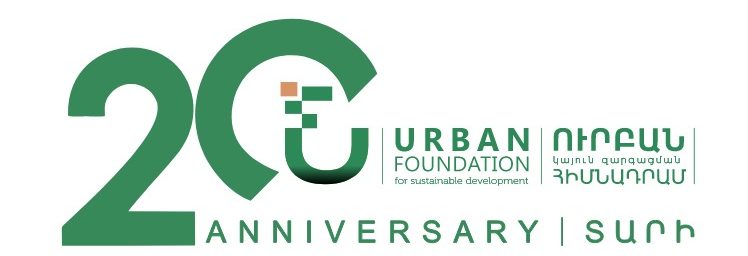Մարտ 2020թ-Հունվար 2021թ Համայնքներում կոշտ կենցաղային աղբի կառավարման ուղեցույցների մշակում և վերջիններիս իրականացման համար պահանջվող վերապատրաստման կարիքների գնահատում
Ուղեցույց
- Guideline on Local Solid Waste Management Planning (download English (will be available soon) | Հայերեն)
- Local Solid Waste Management cost calculation tool for local authorities (download the spreadsheet (Հայերեն)
Ծրագրային զեկույցներ
- Report on Training Needs Assessment for implementing the Guideline (download English | Հայերեն)
- Review of the RA legislative and institutional framework (download English | Հայերեն)
- Review of the international experience on Local SWM Planning (download English | Հայերեն)
- Review of the Armenian experience on Local SWM Planning (download English | Հայերեն)
- Stakeholder Engagement Report (download English | Հայերեն)
Ծրագիրն՝ ամփոփ
In the past three decades, local waste management planning in Armenia has been limited to mere waste collection and street cleaning. The main objectives have been the timely transportation of municipal waste from the municipal area to a dumpsite and keeping the streets clean. The environmental, social, and cost-effectiveness aspects have never been a priority, while the prevention and reduction of waste, sorted collection, recovery of resources such as materials, nutrients and energy have been absent from the discussion. The Comprehensive and Enhanced Partnership Agreement (CEPA) signed between EU and Republic of Armenia in 2017 includes a number of requirements related to waste management and in particular the development of local waste management plans.
This project aimed at raising capacity for sustainable solid waste management through developing Guidelines for Local Municipal Solid Waste Management Planning (hereafter Guideline) and conducting a Training Needs Assessment (TNA) for implementing such guidelines. The project’s short-term impact will be a more sustainable planning of solid waste management in communities in accordance with national policy and strategy goals. The project’s long-term impact will be the communities implementing more sustainable solid waste management practices.
The project has studied both Armenian and international experience on local solid waste management planning. In Armenia, it has analyzed the legal and institutional frameworks related to waste management on the municipal level. While the local waste management planning in Armenia is not legally required, there have only been around 30 municipalities that have previously developed separate waste management plans, mostly with help of donor-supported organizations. However, the voluntary nature of these initiatives has failed to ensure a consistent implementation and monitoring of these plans. Additionally, local waste management planning in Armenia lacks clear targets on waste prevention and minimization, and importantly landfill diversion. There have been no requirements of sorted collection that would enable reuse, recycling and other types of value recovery.
The project intensively engaged stakeholders and end-users in the development of the Guideline. The draft version of the Guideline has been presented and discussed at a multi-stakeholder meeting that included representatives of local and territorial authorities, civil society organizations, sector experts, and the main governmental counterpart of the project the RA Ministry of Territorial Administration and Infrastructure. The multi-stakeholder meeting agenda also included discussions and stakeholder input on the RA legislation and institutional frameworks related to waste management.
Additionally, the project conducted a TNA through a survey of local self-government bodies to assess the general knowledge on sustainable waste management tools and strategies, the level of capacities for sustainable waste management planning, and training needs for implementing the developed Guideline. The TNA identifies a strong need to build capacity for the local self-governments in regard to sustainable waste management and implementing the developed planning Guideline.
The project has also developed recommendations on legal and institutional changes needed for implementing the developed Guideline aiming at more sustainable, waste-hierarchy-based waste management on local level.
This research has been implemented in the scope of the Policy Development and Research fund, financed by the Swedish Government and in cooperation with AUA and the Armenian Government. The views and opinions expressed in this research are those of the authors’ only and do not necessarily reflect the official policy or position of any of the other parties.
Ֆինանսավորող կազմակերպություն․ Շվեդիայի կառավարության կողմից ՀԱՀ-ում ստեղծված Քաղաքականությունների մշակման և հետազոտությունների հիմնադրամ (ՔՄՀՀ)
Երկրներ/մարզեր/համայնքներ․ Հայաստան
Շահառուներ․ Տարածքային կառավարման և ենթակառուցվածքների նախարարություն, ՏԻՄ-եր։




